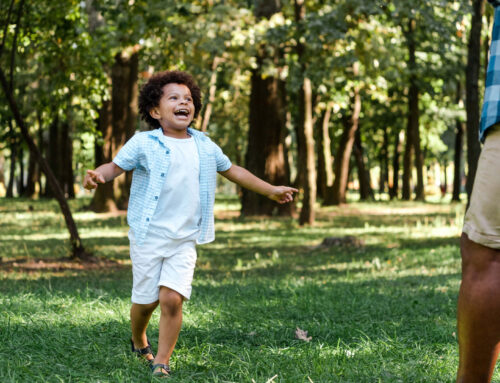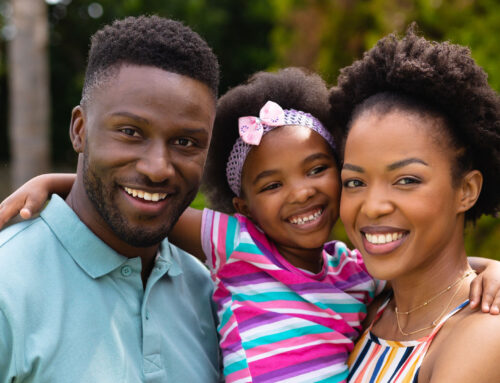Dear Caring Adults,
Growing up in a Caribbean household that was moderately religious, Halloween was not something that was celebrated in our home. The first time I wore a costume was in Junior Kindergarten. I remember that the only reason this thought was entertained was because when I was attending pre-school, I was the only child who wasn’t dressed up for Halloween in my class. This caused some tears and isolation for me. The compromise was made to ensure that this upset didn’t occur for me again. My school had a Halloween playday so my dad agreed to allow me to dress up with some strict rules set out by him for this to even fly. His rules went a little something like this:
- My costume had to be something that didn’t portray darkness – He agreed to a My Little Pony one.
- My costume was to only be worn at school
- The thought of trick-or-treating in the neighbourhood or participating in giving out candy was forbidden.
- Explain your reasons for not celebrating Halloween and make sure that your Lovely Learners understand that it’s okay to be different. In addition to this, teach your children about the cultural diversity in their school and community. Explain that not everyone celebrates varying holidays and that is perfectly normal. Inspire your Lovely Learners to be respectful of others’ traditions and beliefs.
- Encourage open dialogue with your Lovely Learners so they can share their thoughts and feelings with you and most importantly, empower them to confidently express their values and beliefs when necessary. They should feel comfortable saying, something along the lines of “my family doesn’t celebrate Halloween,” if the topic comes up.
- Consider offering your Lovely Learners an alternative celebration on or around Halloween. You can have a special family movie night, game night, or other fun activities to make the day memorable in a different way.
- Or, similar to my dad; Create a Halloween-Neutral Costume. If your child wants to participate in dressing up, help them create a Halloween-neutral costume that doesn’t necessarily tie into the holiday. This way, they can still join in the fun without celebrating Halloween itself.
Remember that every Lovely Learner is different, and while some may feel perfectly fine not celebrating Halloween, others may be more sensitive to feeling left out. The key is to create an environment where your children feel comfortable discussing their feelings and experiences with you, and where you can work together to find solutions that are suitable for your family.
Halloween can definitely be viewed as a time for fun and creativity! For the Caring Adults who will be allowing their children to dress up; it’s good practice to consider the potential impact of your costume on others. It’s always better to err on the side of caution, be mindful and respectful when making a choice. Some costume ideas can be inappropriate, offensive, or perpetuate stereotypes. Choose a costume that is fun, creative, and respectful of different cultures, backgrounds, and sensitivities.
I’d love to hear how you will or will not be celebrating Halloween this year!
Until next time,











Leave A Comment